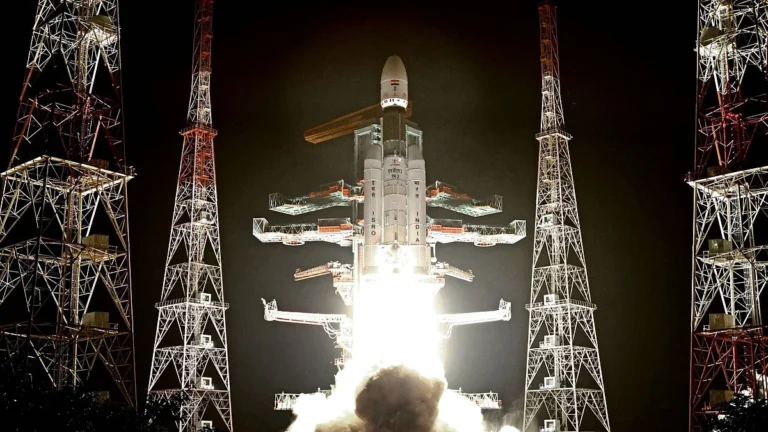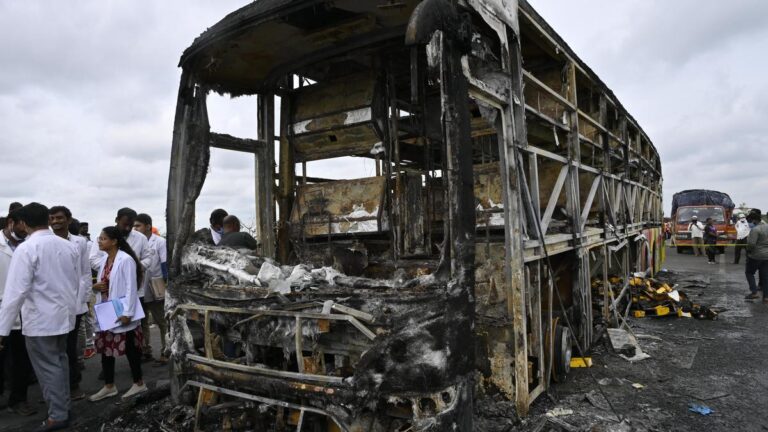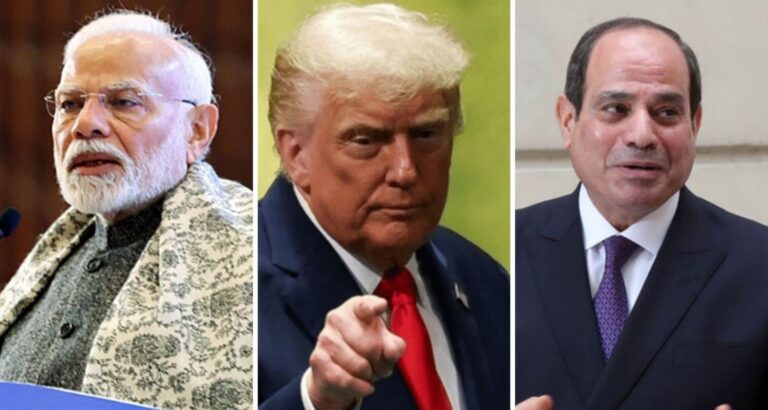Xi Jinping’s BRICS No-Show Sparks Speculation on China’s Leadership Future
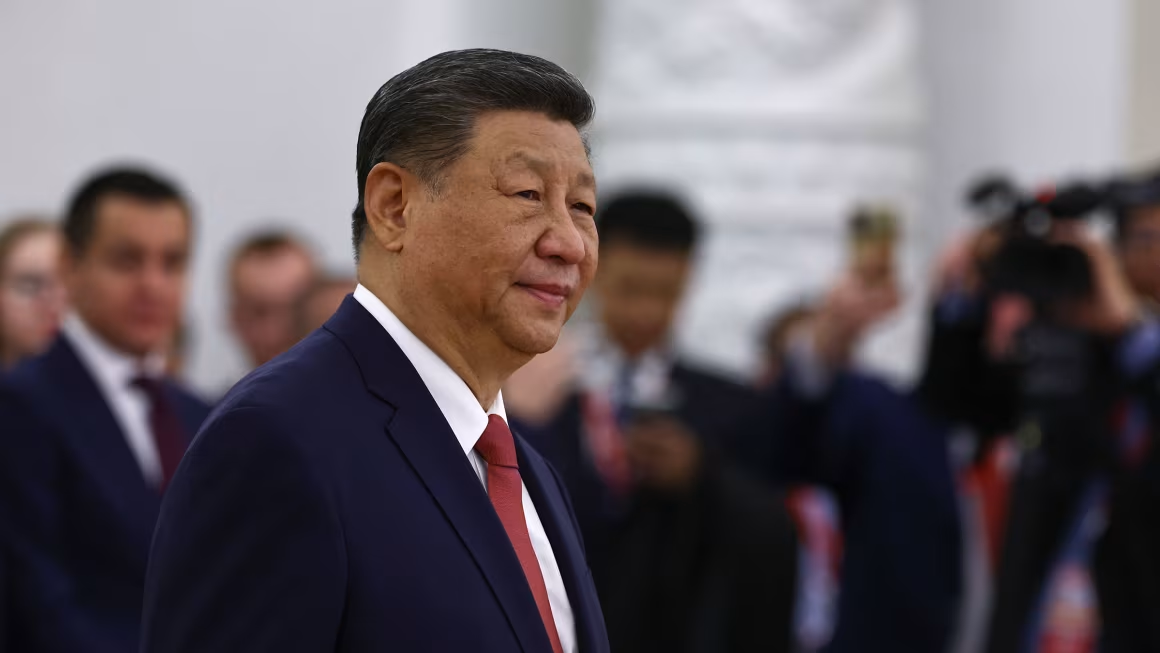
Xi Jinping’s Surprising Absence Raises Eyebrows
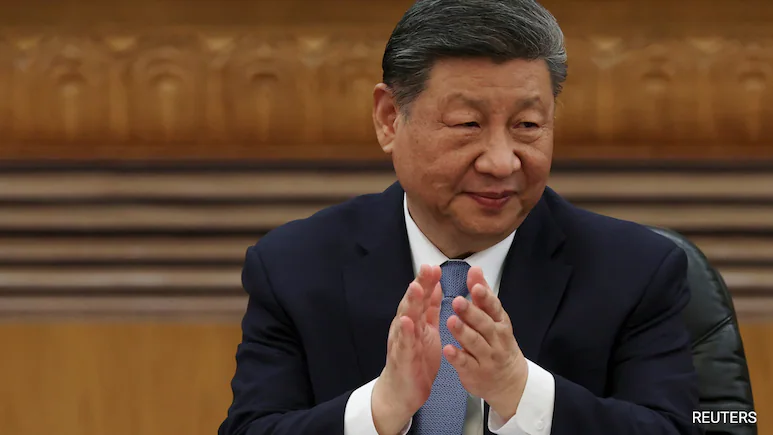
In a surprising development, Chinese President Xi Jinping did not attend the BRICS Summit 2025 held in Brazil. Instead, Premier Li Qiang represented China, marking the first time Xi has skipped a BRICS summit since taking power in 2012. While Chinese authorities claimed “scheduling conflicts,” the move has triggered widespread speculation about Xi’s political standing and potential changes within China’s leadership structure.
Mounting Internal Pressures
Xi’s absence comes amid growing challenges inside China. The economy is under strain from declining consumer spending, rising youth unemployment, and a weakening property market. Meanwhile, the military has seen a sweeping shake-up, with multiple senior officers removed or vanishing from public view. These developments have fueled questions about whether Xi is consolidating control behind the scenes—or whether internal pressures are forcing a slow retreat from the international stage.
Delegation or Distancing?
Political analysts note that Premier Li Qiang’s high-profile presence at the summit could be part of a broader strategy of delegated diplomacy. However, some view this as more than just a redistribution of roles. Xi’s minimal recent public appearances and lower visibility in state media have added fuel to rumors that he may be preparing to reduce his direct involvement in governance—or even considering a managed exit before his current term ends in 2027.
Party Silence Deepens the Mystery
The Communist Party has not issued any clarification or statement regarding Xi’s summit absence, a move that has only intensified speculation. In previous years, Xi dominated China’s diplomatic engagements. His absence from a major international platform like BRICS suggests either a significant strategic shift or the emergence of internal issues the leadership is trying to manage discreetly.
Is a Transition on the Horizon?
While there is no official indication that Xi is stepping down, recent developments—including political reshuffles, military purges, and his reduced international profile—point to a possible recalibration of leadership. Observers will closely watch upcoming party meetings and foreign summits to gauge whether Xi is simply delegating more duties or setting the stage for a transition.
Conclusion
Xi Jinping’s absence from the BRICS Summit may be symbolic of deeper political shifts within China. Whether it’s a calculated move to share leadership responsibilities or an early sign of an exit strategy remains to be seen. But one thing is clear—the world is watching.
